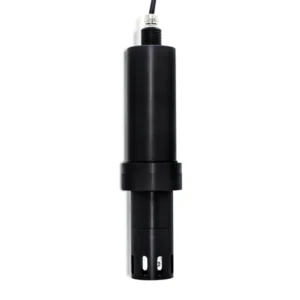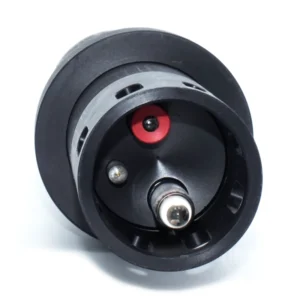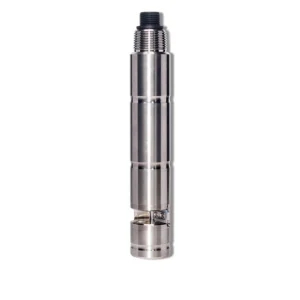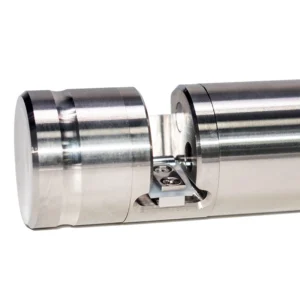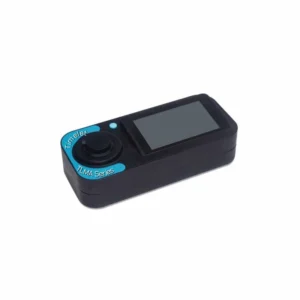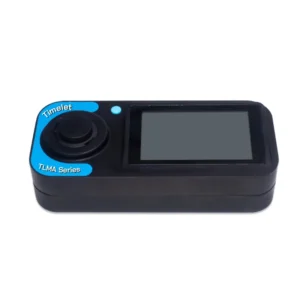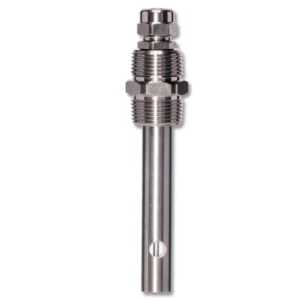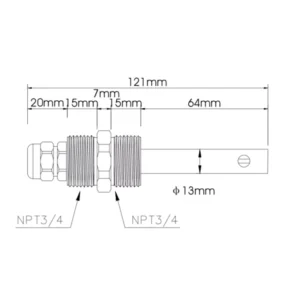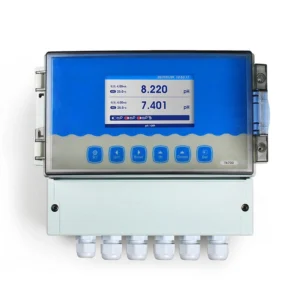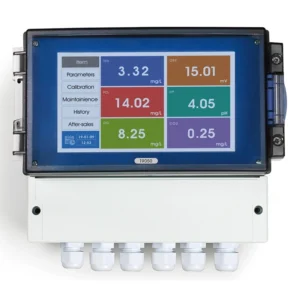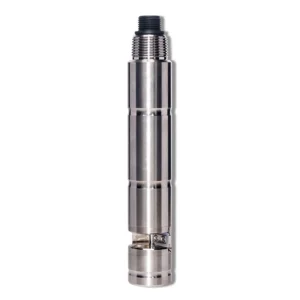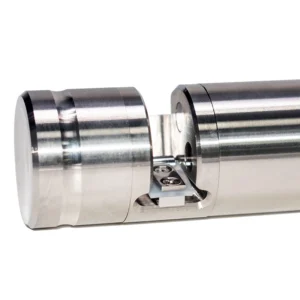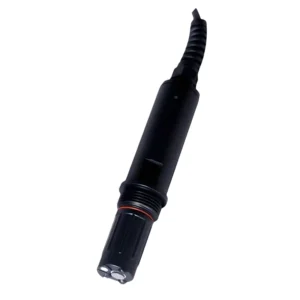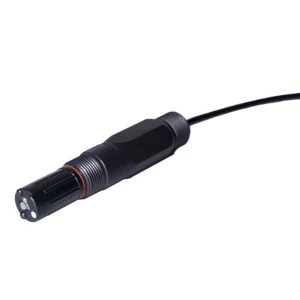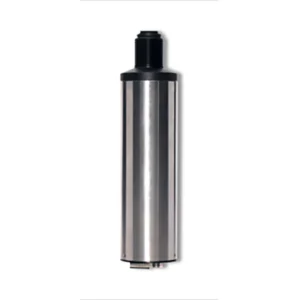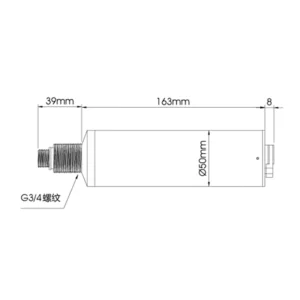
Reliable Water Quality Monitoring Analyzer Supplier
Timelet Hot-Sale water quality monitoring analyzer
Application Scenarios
Water quality meter/sensor for aquaculture
Water quality meters and sensors ensure optimal conditions for aquatic organisms by monitoring key parameters such as oxygen levels, pH, and temperature, promoting healthy growth and minimizing risks.
Get a free quoteWater quality meter/sensor for wastewater purification
In wastewater treatment, these instruments monitor parameters like BOD, COD, and solids, optimizing treatment processes to meet regulatory standards and protect the environment.
Get a free quoteWater quality meter/sensor for water quality testing
Essential for assessing water safety, meters and sensors measure contaminants in various settings, supporting informed decisions to safeguard human health and ecosystem well-being.
Get a free quoteIoT and Advanced Analyzers: The New Era in Wastewater Treatment
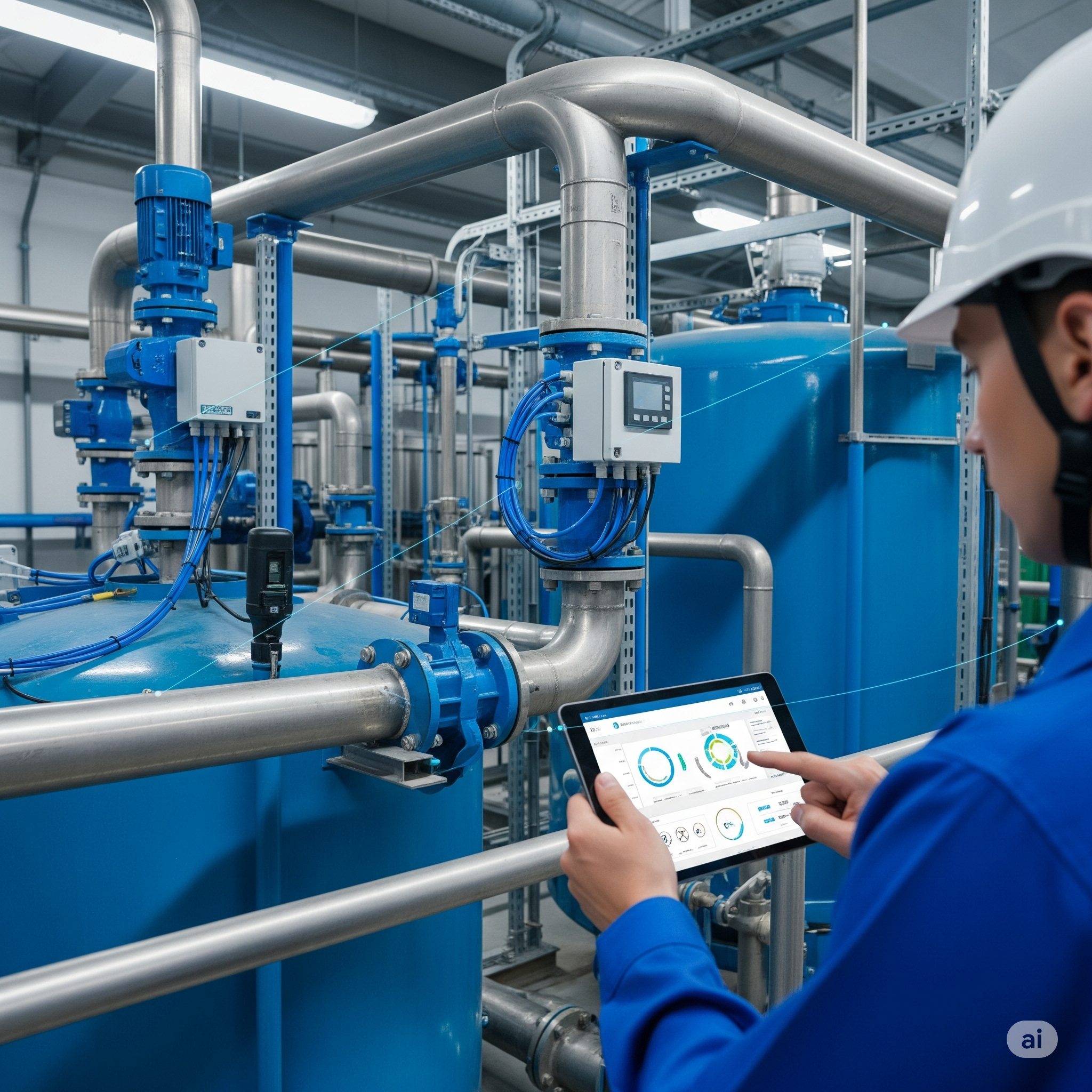
Today’s wastewater treatment facilities are increasingly turning to smart technologies to improve operations, efficiency, and compliance. The integration of Internet of Things (IoT) devices and advanced analytical instruments (analyzers) has significantly enhanced the industry’s capabilities, creating smarter, cleaner, and more responsive water management systems.
Real-Time Monitoring Through IoT
Real-time data collection using IoT sensors for parameters like dissolved oxygen (DO), pH, conductivity, and turbidity is rapidly becoming standard practice. With IoT, operators gain immediate insights into system performance, enabling proactive maintenance and swift responses to changes in water quality.
According to the Environmental Protection Agency (EPA), real-time monitoring can reduce system downtime by up to 25%, significantly enhancing operational reliability and compliance with stringent water-quality standards.
GET A FREE QUOTEAdvantages of Customization
- Solves Unique Challenges
Off-the-shelf solutions often fall short when clients face specialized requirements. Custom engineering directly targets these pain points—whether detecting trace contaminants or integrating with legacy systems—transforming suppliers from equipment vendors into strategic problem-solvers.
-
Drives Customer Retention
Investment in tailored solutions creates inherent lock-in. Clients face higher switching costs and operational disruption to abandon customized systems, cementing long-term partnerships and stabilizing revenue streams.
-
Commands Premium Value
Customization positions products as high-value assets, justifying price premiums. This elevates margins while unlocking upsell opportunities for value-added services (e.g., cloud analytics or predictive maintenance).
-
Differentiates in Commoditized Markets
In saturated industries, bespoke capabilities break the “me-too” cycle. By addressing unmet needs of niche segments, providers outflank competitors reliant on generic offerings.
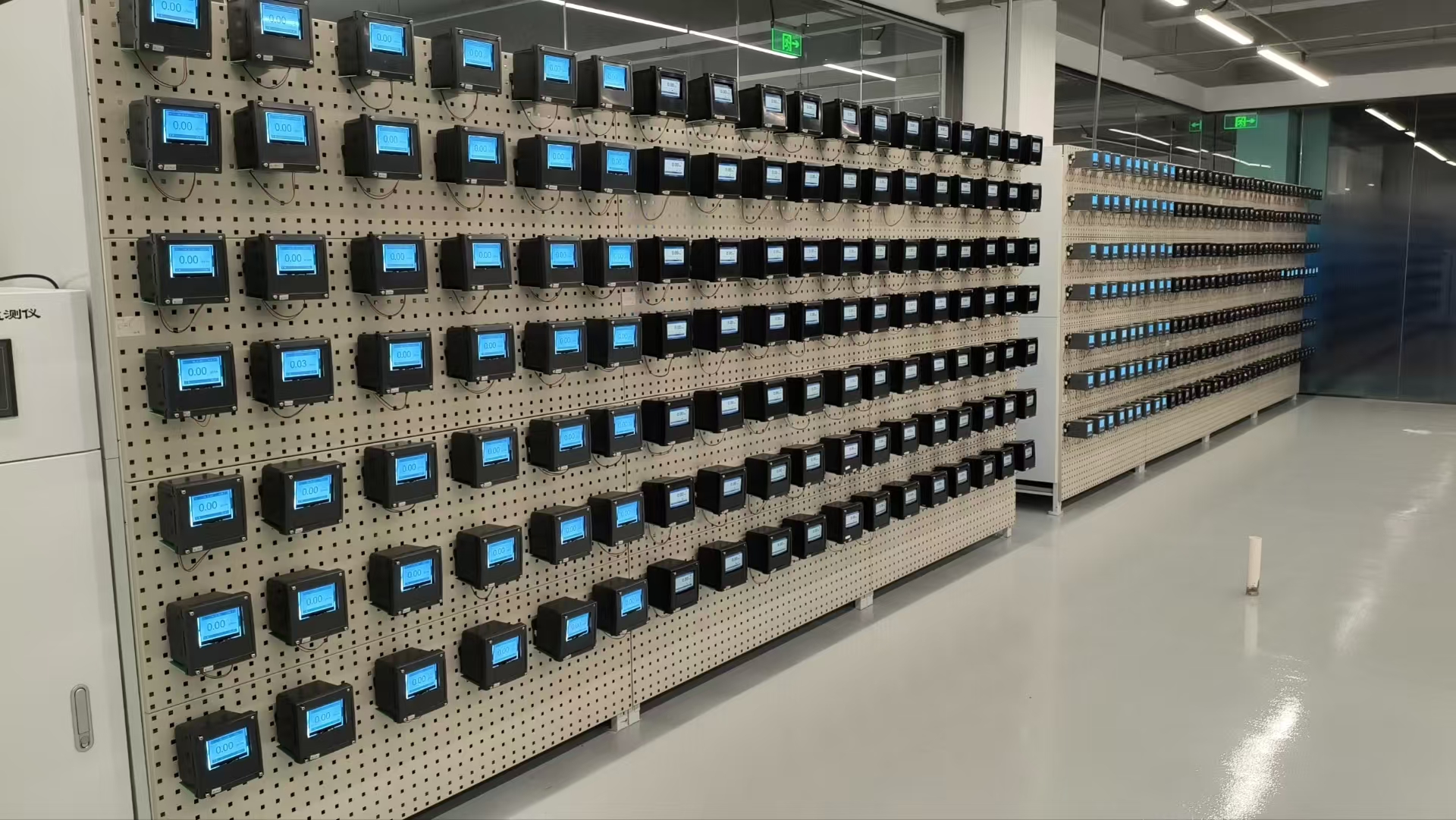

Why Choose Timelet as Water Quality Monitoring Analyzers Supplier
Click me!Customers Reviews
After-Sales Support
- 24/7 Technical Assistance: Our dedicated team provides round-the-clock technical support to address any inquiries or issues you may encounter with your water quality detector.
- Comprehensive Warranty Coverage: Rest assured with our extensive warranty coverage, ensuring peace of mind and protection for your investment in our water quality detector.
- Regular Maintenance Services: We offer regular maintenance services to ensure optimal performance and longevity of your water quality detector, keeping it in top condition.
- Training Programs: Take advantage of our training programs designed to empower you with the knowledge and skills needed to effectively operate and maintain your water quality detector.
- Prompt Response to Inquiries: Our customer service team is committed to providing prompt responses to any inquiries or concerns you may have, ensuring a seamless experience with our water quality detector.
Find Your Ideal Water Monitoring Solution
Precision-engineered for your unique requirements
Schedule Free Expert Consultation
Water Quality Meter/Sensor FAQs
A water quality meter is a device used to measure various parameters of water quality, providing valuable data for assessing the health and safety of water sources. These meters can measure a range of parameters such as pH levels, dissolved oxygen, turbidity, conductivity, temperature, and various contaminants like heavy metals, pesticides, and bacteria. Water quality meters are essential tools used in environmental monitoring, industrial processes, agriculture, research, and ensuring the safety of drinking water. They come in various types, including handheld meters, portable meters, and continuous monitoring systems, each designed for specific applications and environments.
The best measure of water quality depends on the specific context and objectives of the assessment. Here are some key parameters commonly used to evaluate water quality:
- pH Value : Indicates the acidity or alkalinity level of water, with a neutral pH being 7.0. pH levels can affect aquatic ecosystems and chemical processes.
- Dissolved Oxygen : Measures the amount of oxygen dissolved in water, essential for aquatic organisms’ respiration and overall ecosystem health.
- Turbidity : Reflects the cloudiness or clarity of water caused by suspended particles. High turbidity levels can impact water quality and aquatic habitats.
- Conductivity : Reflects the water’s ability to conduct electricity, which correlates with dissolved salts and ions concentration.
- Temperature : Water temperature affects various biological and chemical processes in aquatic ecosystems and can influence dissolved oxygen levels.
- Total Dissolved Solids : Represents the concentration of dissolved substances in water, including minerals, salts, and organic matter.
- Nutrient Levels : Assessing nutrients such as nitrogen and phosphorus is crucial as they can lead to eutrophication and harmful algal blooms.
- Presence of Contaminants : Testing for contaminants like heavy metals, pesticides, pathogens, and other pollutants is essential for ensuring water safety.
- Biological Indicators : Monitoring indicators such as specific organisms or microbial populations can provide insights into water quality and ecological health.
These parameters, when considered collectively, provide a comprehensive assessment of water quality. However, the choice of the “best” measure depends on the specific objectives and requirements of the water quality assessment.
Measuring water quality at home is crucial for ensuring the safety of your drinking water. Here are some common methods you can use:
- Water Quality Test Kits: There are various water quality test kits available on the market that are specifically designed for home use. These kits typically include test strips or reagents for testing parameters such as pH, chlorine levels, hardness, alkalinity, and the presence of specific contaminants like lead or bacteria. Follow the instructions provided with the kit carefully to obtain accurate results.
- pH Meters: pH meters are devices used to measure the acidity or alkalinity of water. They can provide more accurate readings compared to pH test strips. pH meters are particularly useful for monitoring the pH of drinking water, as pH levels outside the optimal range can indicate potential issues with water quality.
- Turbidity Meters: Turbidity meters measure the cloudiness or haziness of water caused by suspended particles. High turbidity levels can indicate the presence of contaminants such as sediment, bacteria, or other pollutants. Turbidity meters are especially important for assessing the clarity of drinking water and the effectiveness of filtration systems.
- Conductivity Meters: Conductivity meters measure the ability of water to conduct electrical current, which is directly related to the concentration of dissolved ions in the water. Elevated conductivity levels may indicate the presence of dissolved salts or other minerals. While conductivity meters are not typically used to assess drinking water quality directly, they can be useful for monitoring the overall mineral content of water sources.
- Microbial Test Kits: Some test kits are available for detecting the presence of bacteria, such as coliform bacteria, in water. These kits often use culture-based methods to detect bacterial contamination. While not as common as test kits for chemical parameters, microbial test kits can provide valuable information about the microbiological safety of drinking water.
To check if your water meter is accurate, you can perform a simple test by turning off all water fixtures and appliances in your home, then checking if the meter continues to register any flow. If it does, there may be a leak or the meter could be faulty. You can also compare the meter reading to your actual water usage over a specific period to see if there are any discrepancies. If you suspect inaccuracies, contact us for assistance.

